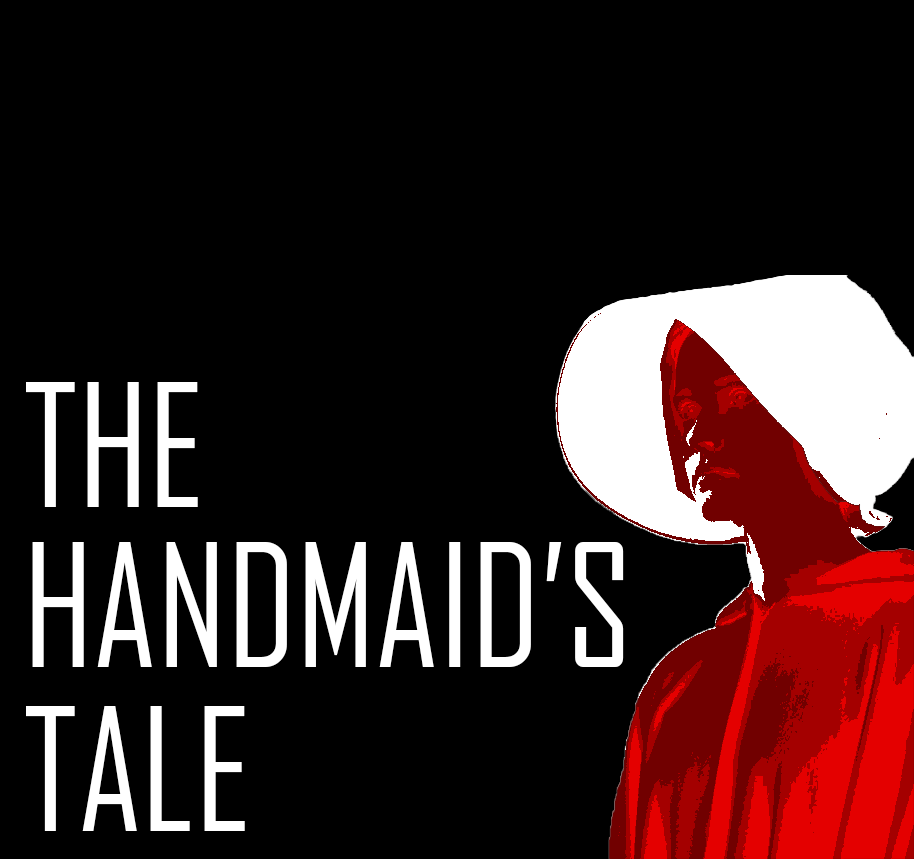Fresh off eight Emmy wins and 13 nominations, Hulu’s adaptation of The Handmaid’s Tale provides an outlook of a dystopian future shaped by excessive pollution and an intense patriarchy.
The first season was released on April 26 on Hulu, and currently has 95 per cent rating on Rotten Tomatoes.
The 10-episode season serves as an eye-opening take on what the future may become if modern-day society doesn’t accept climate change is real or that inequalities only divide the population further.
In the fictitious nation of Gilead, which represents a dystopian United States, women are held hostage to be used as breeding stock since pollution has left majority of the population infertile. The rights of women are completely stripped by the newly-realized patriarchal government, claiming that the fertile women were chosen by God to birth healthy children and continue the human race.
Actress Elisabeth Moss perfectly embodies the role of Offred, portraying an obedient yet intelligent handmaiden that was separated from her husband and daughter because she was fertile. The show follows her life as a handmaiden and what she must endure as a slave to the patriarchal government.
The show deals with major infuriating themes including rape, inequality, injustice and the lack of freedom of speech. With extreme religious and political themes, the show presents a potential future that should terrify the common viewer.
By creating a hyperbole of what could become of the United States if patriarchy advances further, the show intentionally ignites a fire under viewers to make them really think about their impact in today’s society and what can be done before such an extreme future is imminent.
With each episode, The Handmaid’s Tale covers significant societal problems, mainly focusing on the rights of women, presenting the issues in a way that will make you sick.
The cast is made up almost entirely of women being portrayed in a man’s world, but it pays tribute to just how tough women are. The characters represent the image of physically and beaten-down women, who either accept their new role in society or continue to resent the changes that have been made, but are smart enough not to vocalize their hatred, due to unimaginable consequences.
The Handmaid’s Tale not only presents powerful themes that encourages viewers to think about societal consequences but it also uses visuals to invoke feelings of empowerment. Each shot has meaning in every little detail, making the viewer ask questions while also creating a sense of understanding of the situation before a word is even spoken.
It is the very last episode that keeps the audience wondering. It is unclear what is in store for Offred and the nation of Gilead, continuing to make the audience think about the future and what could potentially happen.
It has been announced by Hulu that The Handmaid’s Tale has been renewed for a second season. However, there is no set release date and no indication as to how the show will continue since almost the entirety of Atwood’s novel was portrayed on-screen in season one.

